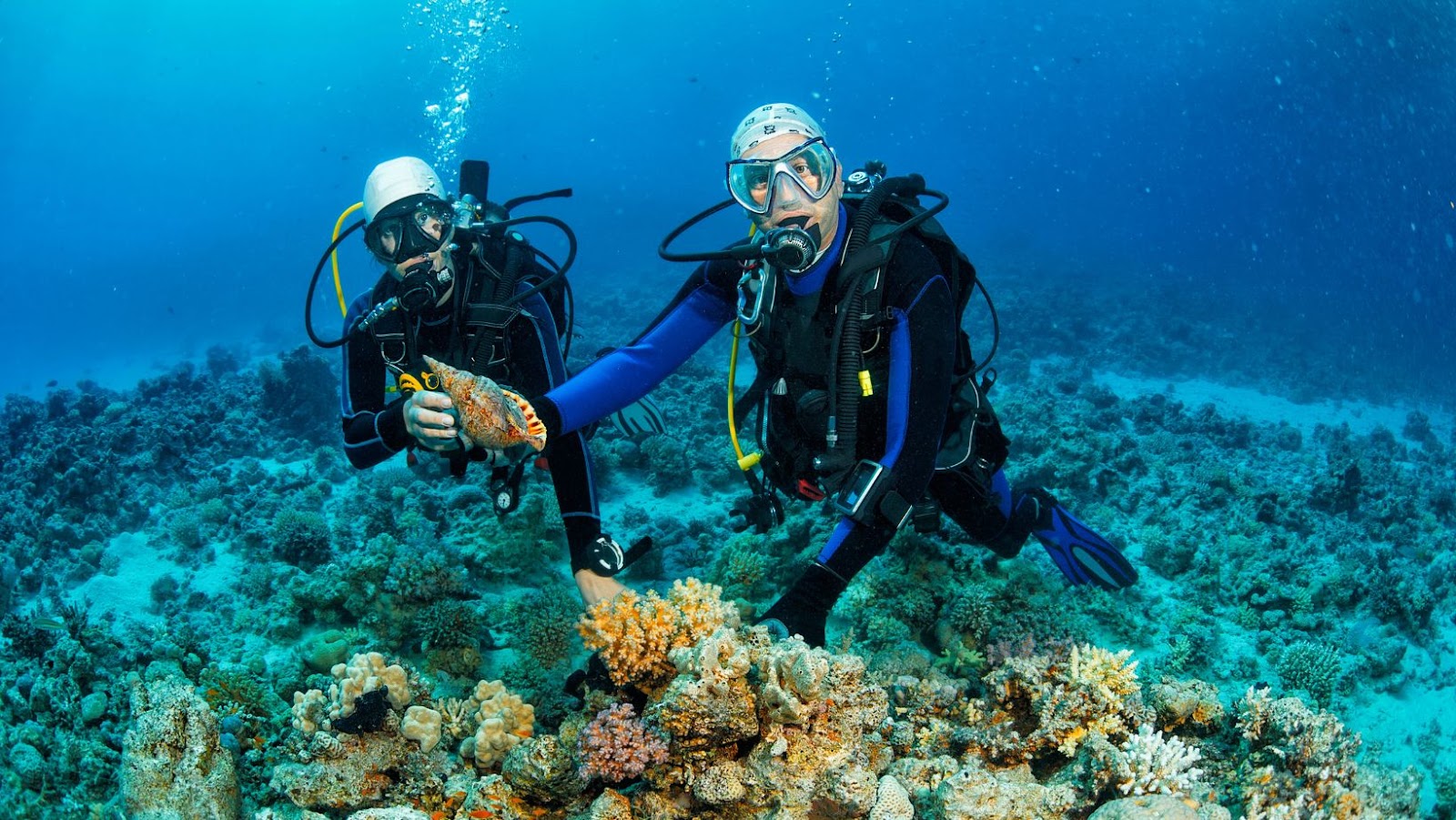Diving into the deep blue sea is an adventure of a lifetime and one of the best ways to explore the wonders beneath the surface. However, in order to safely experience all that diving has to offer, it’s important to follow some basic rules.
The number one rule for diving is never to dive alone. Read on to find out why this rule should always be followed and what other safety precautions divers should take when they’re underwater.
Why You Should Never Dive Alone
The most important reason why you should never dive alone is that if something goes wrong, there won’t be anyone there to help you. Accidents can happen underwater, such as running out of air or becoming entangled in fishing lines or other debris. Having a dive buddy ensures that if something were to go wrong, there would be someone to help you in an emergency situation. Check our Balazs Fodor for more diving tips and tricks.

In addition to providing assistance in emergencies, your dive buddy can also help you keep track of your air supply and dive time. This is important for helping divers remain safe underwater by avoiding decompression sickness and nitrogen narcosis (two potentially dangerous conditions caused by staying underwater for too long).
How to Find a Dive Buddy
The best way to find a dive buddy is through word of mouth. Talk with people who are experienced in boat diving and ask them if they have any recommendations for potential dive buddies.

If you don’t have any luck finding someone through your network, try looking online or joining local scuba clubs where you can meet fellow divers. Once you’ve found a dive buddy, it’s important that you get to know each other before heading out on a dive so that you can trust one another during an emergency situation. Though, there is another way to get an exciting scuba diving experience. You can actually get an underwater scooter. It’s a whole new level of a diving equipment but offers the same diving adventure from a scuba.
Other Diving Safety Tips
In addition to never diving alone, there are some other safety tips that all divers should remember before getting in the water:
• Make sure your equipment is in good working order and regularly serviced by a professional.
• Always check weather conditions before going out on a dive, and never dive if conditions are unsafe (such as high winds or rough seas).
• Check with local authorities regarding any laws or regulations regarding diving in their area – these may vary from place to place and could affect your safety while diving.
• Take regular breaks while diving so that you don’t become too tired or over-exert yourself underwater.
Conclusion
Diving into the deep blue sea is an exciting adventure that offers many incredible sights and experiences; however, it is also important to take safety precautions when diving in order to prevent accidents from happening. The number one rule for diving is never to dive alone – having a buddy ensures that someone will be there for assistance if something goes wrong during the dive.
Additionally, divers should remember to check their equipment before going out on a dive, check the weather conditions prior to heading out, adhere to any local laws or regulations regarding diving in the area, and take regular breaks while underwater. Following these simple rules will help ensure a safe and enjoyable dive experience every time!


 By
By 










